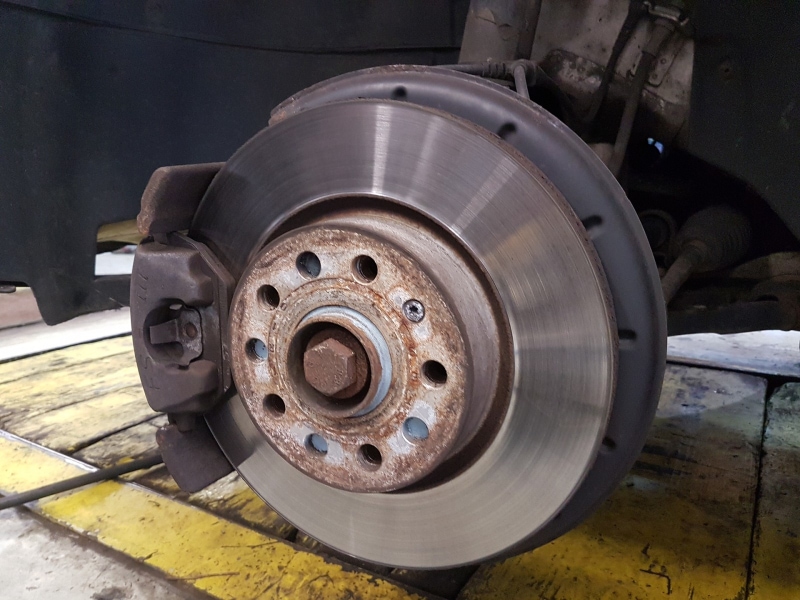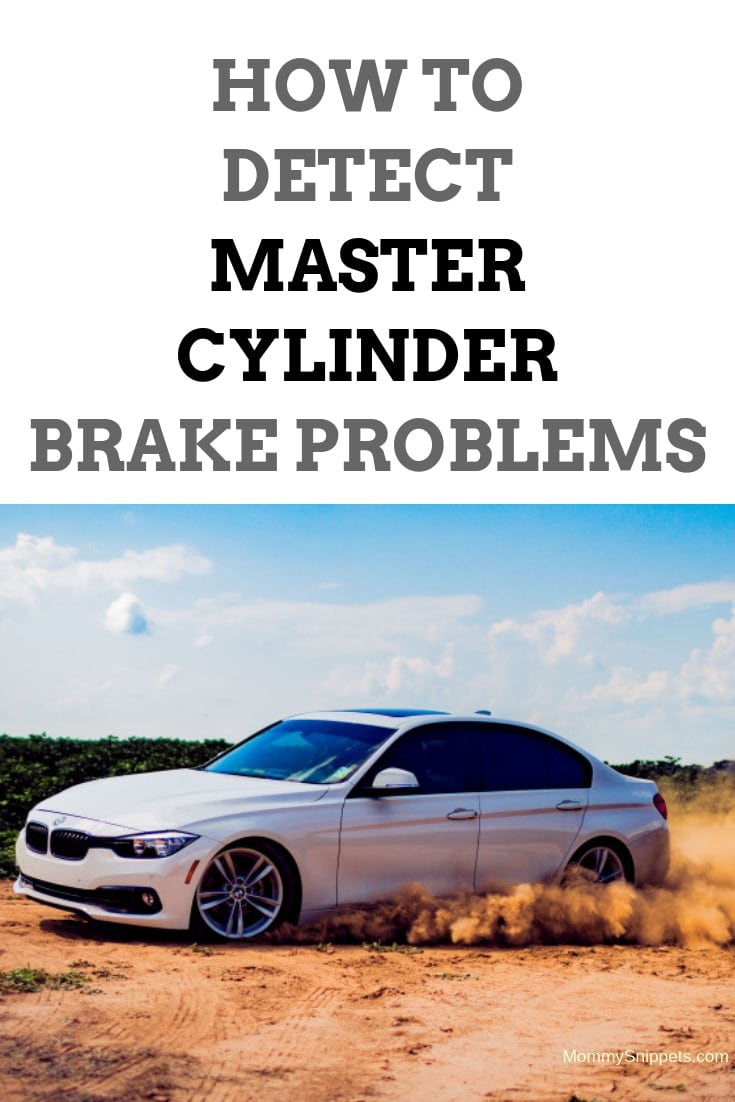How To Detect Master Cylinder Brake Problems
This post contains editorial samples and/or affiliate links to products I recommend. While this adds no additional cost to you, I will earn a small commission on any sales made.
If you’re looking to service your vehicle in the San Antonio, Texas area, visit the North Star Dodge dealership, our partners for this sponsored feature. We recognize the importance of a reliable vehicle, hence encourage you to share these car tips with family and friends.
Your car’s braking system contains several parts that helps it function safely. The master cylinder is the heart of the braking system. It pumps fluid to your car’s braking system at the wheels. The master cylinder is attached to a vacuum power booster. A vacuum power booster uses a force to help the car stop when the brake pedal is pressed. Use your auto repair manual to help you diagnose master cylinder break problems.
Most modern cars breaking systems are equipped with a master cylinder, rear drum brakes, a power booster, valves, lines, hoses and the brake pedal. The master cylinder can control the front brakes and the rear brakes. Here are a few common master cylinder break problems that can cause your car to malfunction.
How To Detect Master Cylinder Brake Problems
Low or spongy pedal
If the pedal is going down to the floor, you might have air in the braking system. Your brake pedal might also feel spongy. When the pedal sinks to the floor, there might be a leak in the master cylinder cups. You should check the fluid level and the fluid condition to diagnosis the problem. Check the master cylinder mounting bolts and make sure they are tight. There is also a possibility that the master cylinder might be defective.
Dragging or little resistance
The brakes will drag if the master cylinder pistons do not return properly. The brake lines might be damaged, loose or disconnected. These conditions will cause the fluid in the master cylinder to leak out. The master cylinder bore can be corroded or worn out and cause excessive pedal effort and brake drag. A blockage in the hoses and valves will make the brakes drag. Make sure you inspect the lines and fitting for leaks, kinks, wear, cracks and rust. Do not drive the car if the pedal goes to the floor with little resistance.
External fluid leakage
It is possible for the master cylinder to leak fluid. You can fix this problem by cleaning the master cylinder and by checking the fluid level. Make sure the master cylinder seal reservoir snaps correctly and inspect it for cracks. Visually inspect the entire braking system for leaks. Also, inspect the vacuum booster for leaks or have it replaced.
Brake loss or failure is one of the worst problems you can have while driving a car. When the car’s hydraulic pressure is too low, the braking system will not be able to apply enough pressure to stop the car. Do not ignore the red brake light on your dashboard. It can save your life and your passenger’s life. Keep in mind that there are other reasons why a master cylinder may malfunction as well.
Don’t stress, if you do not know what’s up, head to your nearest service station and request a complete, detailed look over of your vehicle.
I’d love to hear from you. Hop over to chat with me on Facebook and/or Twitter



